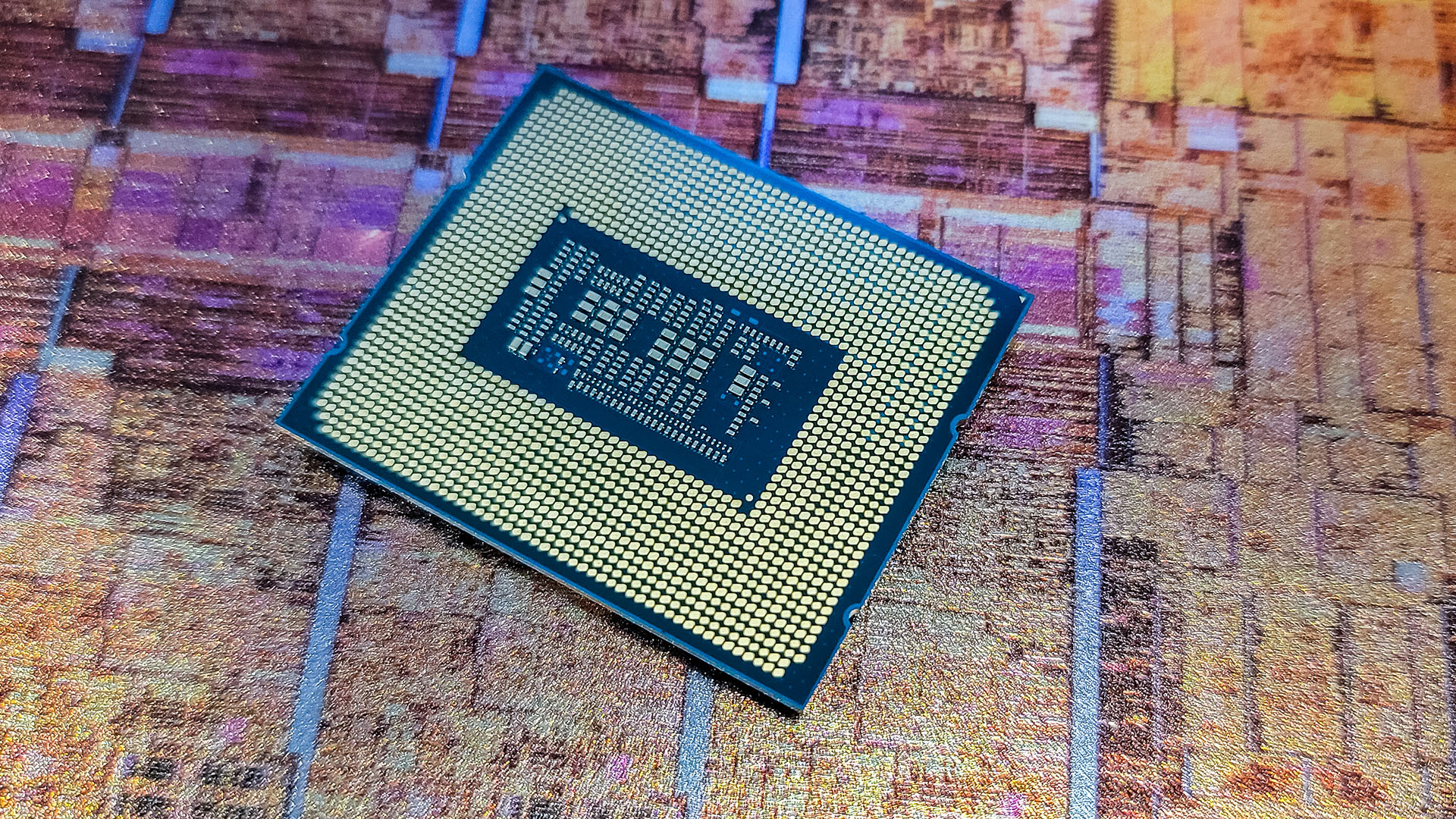Intel’s 7nm chips – built on what’s known as the Intel 4 process, and including 14th-gen Meteor Lake processors – are on track to hit volume production in the second half of 2022, according to a new report.
The article from DigiTimes (opens in new tab) claims that H2 2022 remains on target for the 7nm silicon and that this is the case going by sources within Intel itself.
While rumors from DigiTimes usually need more seasoning added than your average piece of buzz from the grapevine in our experience, in this case, the speculation seems more likely to be on the money due to the fact that Intel has already claimed as recently as last month that Intel 4 is on schedule for later this year.
It’s obviously good to hear that reaffirmed in a fashion, and we could take it as a positive sign that Meteor Lake – which will be the generation to follow next-gen Raptor Lake CPUs – isn’t going to be late (and indeed the other silicon which will be based on Intel 4, such as Granite Rapids for servers).
Naturally, none of this is a guarantee that Intel may not still hit stumbling blocks with Meteor Lake, but things appear to be consistently smooth sailing for the time being.
Analysis: Meteor impact coming sooner than thought?
If you recall, Meteor Lake was powered on a couple of months back, and if volume production cranks up at the end of this year as promised, we’re looking at a scenario where the 14th-gen processors could potentially be out in Q2 of 2023, or maybe even Q1 – at a real push.
That’s good news for consumers, as Meteor Lake would be following hot on the heels of Raptor Lake, which isn’t expected to debut itself until around October. It’d also doubtless be worrying news for AMD, and its Zen 4 chips due later this year, which would swiftly be facing a new challenger. Although to be fair, by the time Meteor Lake emerges, AMD will likely have Ryzen 7000 models with 3D V-cache technology ready to carry the fight…
Going back to Intel’s potential launch roadmap, if we assume the timeframe for Raptor Lake is correct at October, Meteor Lake potentially coming out at the end of Q1 (March) would feel too close for the launch of a new generation. So either Q2 is the likely target for Meteor Lake, or maybe Raptor Lake will pitch up earlier than October – indeed, past rumors have pointed to a Q3 2022 launch for the 13th-gen chips (likely September).
On balance, we think Q2 2023 now seems the most likely release date for Meteor Lake – maybe with laptop chips coming first (perhaps by some distance), a possibility another rumor pedlar has floated – in terms of giving Raptor Lake enough breathing space. Even though Raptor Lake is more of a stopgap generation, in terms of it being a simple refresh of 10nm Alder Lake (enhanced 10nm is called the Intel 7 process, rather confusingly), before the big drop to 7nm (Intel 4) with Meteor Lake.
Meteor Lake is expected to really push things forward with the benefits of that new process (which, if you recall, has taken Intel a long, long time to reach). Intel recently primed us to expect 14th-gen processors to run 20% faster (or more) for the same power usage, which means that Meteor Lake could witness a big jump in clock speeds – perhaps this is when we’ll see the first 6GHz plus processors from Team Blue. (Indeed, Raptor Lake could hit 5.8GHz itself potentially).
At this stage, though, any specifics are getting ahead of ourselves, but as a processor generation built on an entirely new node, the potential for what Meteor Lake could deliver is clearly exciting.





